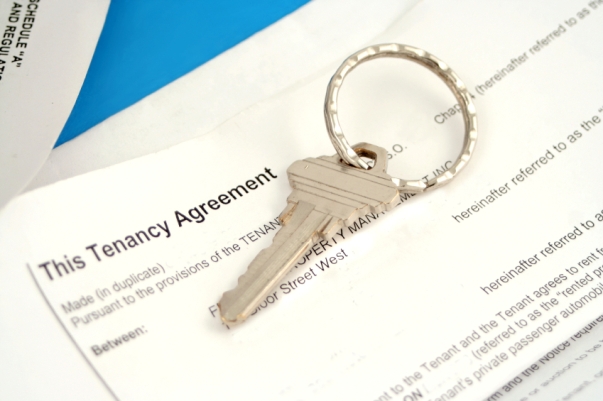 Claims lawyers are helping tenants win compensation for deposit protection failings by landlords.
Claims lawyers are helping tenants win compensation for deposit protection failings by landlords.
The lawyers do not even consider if the deposit is on protection – they merely scrutinise the paperwork to find out if the correct prescribed information is included.
The firm, Tenants Deposits Claimline, based in Bournemouth, Dorset, claims a 92% success rate against wayward letting agents and landlords for misfiling paperwork.
Successful challenges through the small claims court punish landlords with a fine of three times the amount of deposit on protection plus costs.
Other lawyers are checking tenant deposit prescribed information to find grounds for stopping eviction proceedings.
Tenant deposit protection laws restrict landlords from taking possession of homes if they have not properly protected deposits.
To avoid a costly legal challenge from a tenant, here’s what the law says is prescribed information, according to The Housing (Tenancy Deposits) (Prescribed Information) Order 2007
Name, address, telephone number, e-mail address and any fax number of the scheme administrator of the authorised tenancy deposit scheme applying to the deposit;
A leaflet supplied by the scheme administrator to the landlord which explains how the tenancy deposit scheme works
- Rules governing the return or retention of the tenants deposit at the end of the tenancy
- What happens if either the landlord or the tenant is not contactable at the end of the tenancy;
- What happens if the landlord and the tenant dispute the deposit amount to be paid or repaid to the tenant
- Arrangements for arbitrating a deposit dispute without involving the courts
- Details of the deposit—
- The amount paid;
- The address of the property to which the tenancy relates;
- The name, address, telephone number, and any e-mail address or fax number of the landlord;
- The name, address, telephone number, and any e-mail address or fax number of the tenant, including details for contacting the tenant at the end of the tenancy;
- The name, address, telephone number and any e-mail address or fax number of any relevant person;
- The circumstances when all or part of the deposit may be retained by the landlord according to the tenancy agreement
AND
- confirmation (in the form of a certificate signed by the landlord) that—
– The information provided is accurate to the best of his knowledge and belief;
AND
– He has given the tenant the opportunity to sign any document containing the information provided by the landlord to confirmation that the information is accurate to the best of his knowledge and belief.
